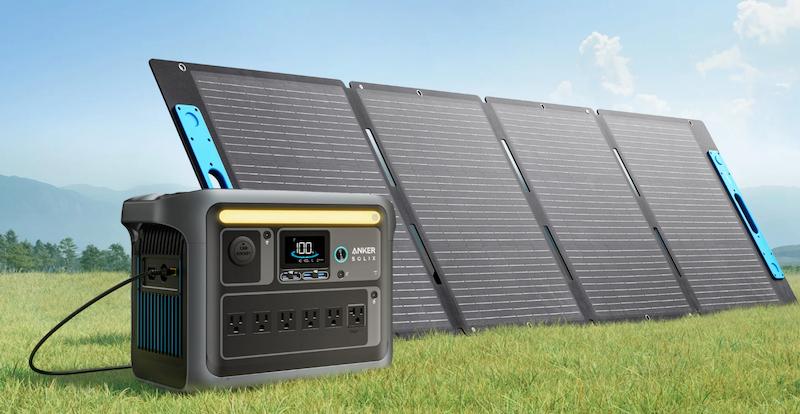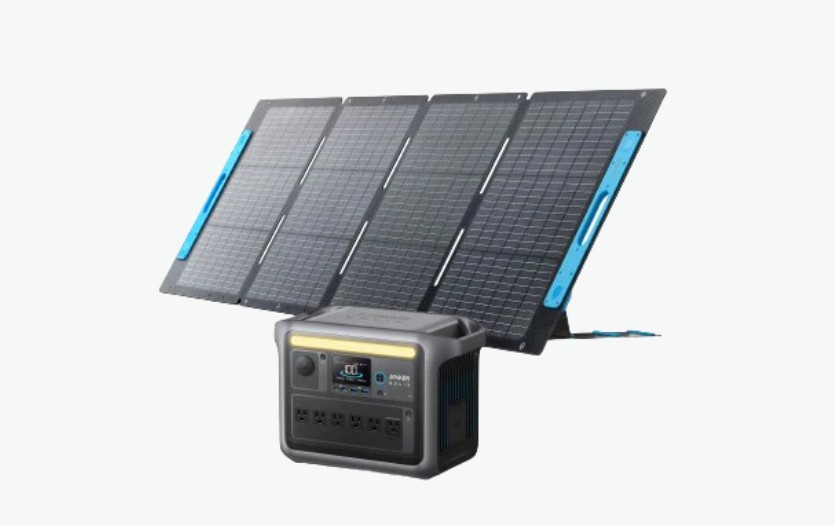Inverter generators are becoming increasingly popular due to their efficiency and reliability. These advanced generators offer a range of benefits over traditional generators, making them a preferred choice for many. This article will delve into what an inverter generator is, how it works, its pros and cons, and answer some frequently asked questions.

What is an Inverter Generator
An inverter generator is a type of portable generator that produces clean and stable electrical power, suitable for sensitive electronic devices. It operates by converting high-frequency AC power to DC power and then inverting it back to a stable AC output. Here are some key features of inverter generators:
How Does an Inverter Generator Work

An inverter generator works by generating electrical power in a multi-step process that ensures a stable and clean output, making it suitable for sensitive electronic devices. Here’s how it operates:
1. Engine Power Generation
The inverter generator’s engine runs on fuel, usually gasoline, propane, or diesel, and produces mechanical energy. This mechanical energy drives the generator’s alternator, which generates high-frequency alternating current (AC) electricity.
2. AC to DC Conversion
The high-frequency AC electricity produced by the alternator is then converted to direct current (DC) power. This conversion is done using a rectifier, which smooths out the electrical current.
3. DC to Stable AC Inversion
The direct current (DC) power is then inverted back to a stable alternating current (AC) using an inverter module. This module uses advanced electronic circuitry to produce a clean, stable AC output with consistent voltage and frequency.
4. Power Regulation
The inverter generator continuously monitors the power demand and adjusts the engine speed accordingly. This regulation ensures that the generator only produces the amount of power needed, enhancing fuel efficiency and reducing noise.
5. Output Delivery
The stable AC power is then delivered through the generator’s outlets, which can include standard AC outlets, USB ports, and 12V DC outlets, providing clean and reliable power for various devices.
Key Points:
Pros and Cons of an Inverter Generator
Inverter generators offer many advantages, but there are also some drawbacks to consider. Weighing the pros and cons helps in making an informed decision about whether an inverter generator is right for your needs.
Pros
Cons
Conclusion
Inverter generators represent a significant advancement in generator technology, offering clean, efficient, and reliable power. They are particularly beneficial for those who need to power sensitive electronics, require portability, and seek quieter operation. Understanding how inverter generators work and their advantages and disadvantages can help you decide if they are the right choice for your power needs.
FAQ
What is the difference between an inverter generator and a regular generator?
The main difference is that an inverter generator produces stable, clean power suitable for sensitive electronics. Regular generators produce raw power that can fluctuate, potentially damaging sensitive devices. Inverter generators are also more fuel-efficient and quieter than traditional generators.
Why do you want an inverter on a generator?
You want an inverter on a generator to ensure that the power produced is stable and clean, which is crucial for sensitive electronics like laptops and smartphones. Additionally, inverter generators are more fuel-efficient and quieter, making them ideal for various applications.
Can an inverter generator run a refrigerator?
Yes, an inverter generator can run a refrigerator. However, it’s essential to check the power requirements of your refrigerator and ensure the inverter generator has sufficient wattage to handle the startup and running power needs of the appliance.
